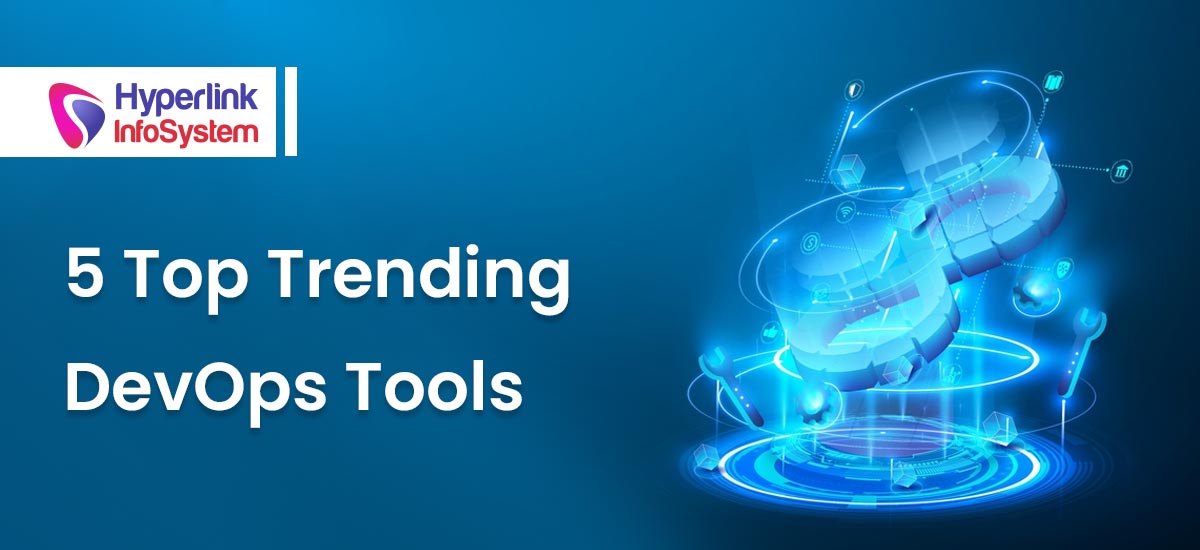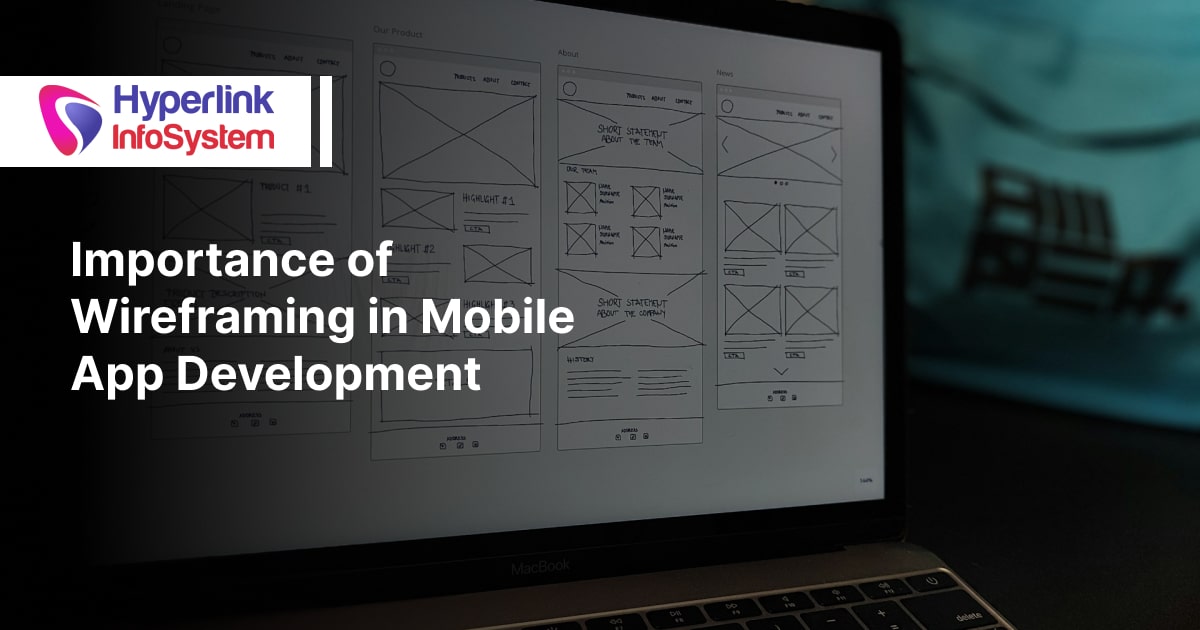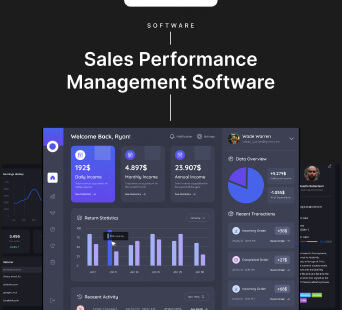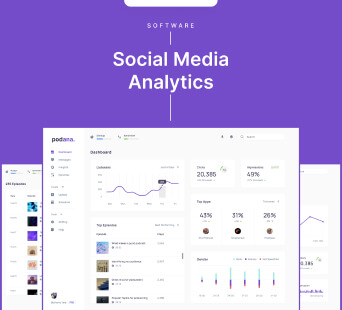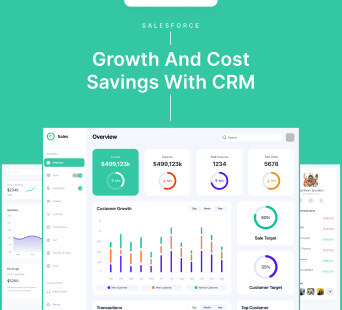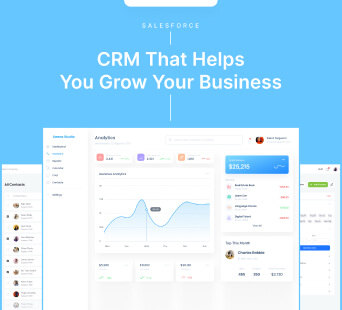As with the evaluation of the technology, we are taking steps forward towards perfection. The DevOps tools are one of them. The integration of development and operation is making every business process more than precise and accurate which can enhance the business decision-making process.
According to the Atlassian Survey, more than 54% of organizations have been using various DevOps tools to automate their business processes for the past three or more years and have seen positive outcomes. But that does not mean you should just start using DevOps without thinking twice.
There are various DevOps tools that exist, you should choose the best ones that can reflect your business requirements. We are going to list some of the trending DevOps tools that can be helpful for your business.
What Are the Top DevOps Tools?
1) Jenkins
Starting with the open-source and Free DevOps tools, Jenkins ranks first. It's not just because it's free and open-source but it also has 100+ plugins such as Amazon EC2, Git, Maven and so on integrated that enhance the development process. It provides end to end support for the entire development process starting from developing, enabling CI/CD, deploying, and testing.
The development team can easily observe duplicated tasks, integrate changes easily, and identify problems quickly with the usage of the Jenkins DevOps Tool. This self-contained program is written in Java that allows end-to-end support for various operating systems such as macOS, Windows, Linux, Unix and so on.
The other thing that makes Jenkins one of the popular DevOps tools is that it offers a simple web interface with in-built error checks and support that offer an easy setting and configuration process. It also allows the user to integrate other 3rd-party plugins that can enhance the performance and functionalities of CI/CD tools. As it is a Java-based DevOps tool, it allows the users to easily integrate and distribute the CI/CD tools that enhance the development, testing and deployment process.
Also Read | Top 9 Machine Learning Tools
2) Docker
One of the widely used DevOps tools, Docker was released in 2013 and more than 11 million developers are using this tool globally. Docker is one of the easy to use DevOps tools to develop, test and deploy the packages efficiently and quickly via containers rather than depending on the virtual machines. The usage of containers enhances team collaboration and eliminates the need for configuration activities.
The Open source and even commercial solutions of Docker ensure to maintain the same software development environment throughout the development process starting from software development to the production stage. The developers can create the docker images that simplify the testing and deployment in the development environment for the operation team.
Just like Jenkins, Docker also works well with various operating systems such as Windows, macOS and even Linux. One of the best things about Docker is that this DevOps tool makes it easier to add and update the features, and also to find and fix the bugs. The distributed development facility of Docker makes it easy to bundle the software and configure the files and libraries.
The OS-level virtualization of Docker delivers the applications through the containers. Docker works well with various tools such as CircleCI, GitHub, GCP, AWS and various other cloud migration and deployment pipeline tools. Various industry leaders like Netflix, AT&T, Adobe, PayPal, and so on are using Docker.
3) Puppet
One of the open-source software configuration management tools Puppet was released in 2005. This software configuration tool is written in C++, Ruby and Clojure to enhance the software development cycle by providing support for IT infrastructure, patching, configuration processes and so on. It minimizes the manual error finding process by providing support as infrastructure as Code and agentless automation tools.
Puppet works well with various components, operating systems like Windows, Linux, Unix, cloud infrastructure and data centers.
This model-driven tool uses declarative language to define the system configuration that limits the uses of various programming languages. It supports the team to scale well with infrastructure code and agentless automation. Along with that Puppet also offers various outstanding features such as out of the box reporting, node management, product support and access control.
Also Read: Top 8 Cross-Platform App Development Frameworks And Tools
4) Apache Maven
The DevOps tool written in Java, Apache Maven, was released in 2004. As Apache Maven is written in java, it provides end to end project management support for Java-based projects. This comprehensive DevOps tool provides assistance with the development, documentation and reporting of the Java project.
Along with Java-based projects, users can manage the software project written in Ruby, C# development, scala development and others. Maven performs basic tasks like code compilation and packaging through predefined targets. Maven plugins support various Java libraries and repositories that can enhance the project development cycle. Apache Maven DevOps tool provides dependency management for various functionalities such as transitive dependencies, automatic updates and dependency closures.
5) Gradle
If you want to enhance your software development productivity, the open-source DevOps tool Gradle developed in 2007 can be the perfect choice for that. This tool is most useful when it comes to software development and automation for multi-language supporting mobile applications. This DevOps software automation tool is written in Java, Klotin and Groovy that helps the developers to automate software development, testing and deployment process.
Gradle has proved its working efficiency for every organization including startups, mid-size and enterprise-sized ones. This versatile software automation tool provides automation support through advanced eco-system integration and plugins. Gradle introduces Kotlin based and Groovy-based DSL that scales out the development efficiently and effectively supporting blazing-fast builds.
Gradel enhances its usage through Apache License 2.0. Gradle supports dependency management allowing users to use directed acyclic graphs that prioritize the tasks. Gradel can assist developers the most for microservices mobile app development.
Conclusion
These are top DevOps tools but the list does not just end here. There are a number of other DevOps tools that can be helpful in various different software development lifecycles. If you are not aware of the tools that can be useful for your software development process, you should reach out to the DevOps developers that can help you with the entire software development process.
FAQs
Q. Is Kubernetes a DevOps tool?
Yes, Kubernetes is an enterprise DevOps tool that helps the enterprise to automate manual labor work.
Q. What is the latest technology in DevOps?
Various latest technologies like Artificial Intelligence, intelligent process automation, advanced analytics, machine learning and various others are trending and useful for the DevOps tools.
Q. How many types of tools are in DevOps?
There are around 9 to 10 types of tools available for DevOps which help various businesses to automate their business processes.
